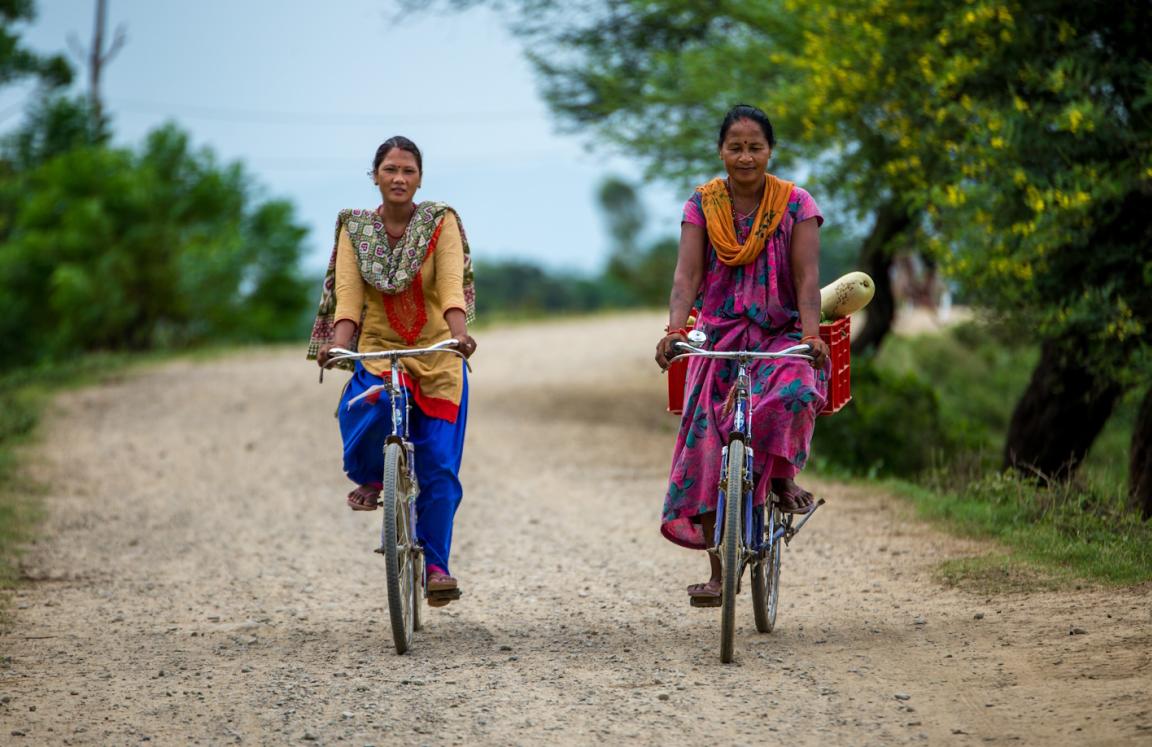
Addressing care work and Violence against women and girls
Gender-based violence is the result of unequal power relations and finds formal expression in laws, policies and norms that entrench these unequal power relations and perpetuate violence that includes dowry demand, wage inequality, child marriages, female feticide, persistent practices like Chhaupadi, oppression under the guise of witchcraft accusation and the overall lack of reproductive health services in general healthcare institutions. The SDG report 2023 said that without dedicated investment in scaling up prevention programmes, implementing effective policies and providing support services to address violence, countries will not achieve the target of eliminating violence against women and girls by 2030. The core emphasised during this Country Strategy VI period also advocated for system strengthening, including the implementation of the Response mechanism and investments in GBV funds.
Gender inequality is closely tied to the care economy. Women are disproportionately burdened with unpaid care due to unequal distribution of care responsibilities hindering women’s access to economic activities, decent work, basic rights to education, health and other public services whereas also hindering political and decision-making participation ultimately vulnerable to poverty, perpetuating violence and subject to gender-based inequality & unequal treatment. Thus, we will support the creation of alternatives that enable women to become economically active and productive. These measures aim to allow women to invest saved time in economic activities and engage more actively in social and public affairs and also allow for their self-care including health and wellbeing. Additionally, we will contribute to safeguarding women's and girls' reproductive rights through education, awareness, and advocacy.